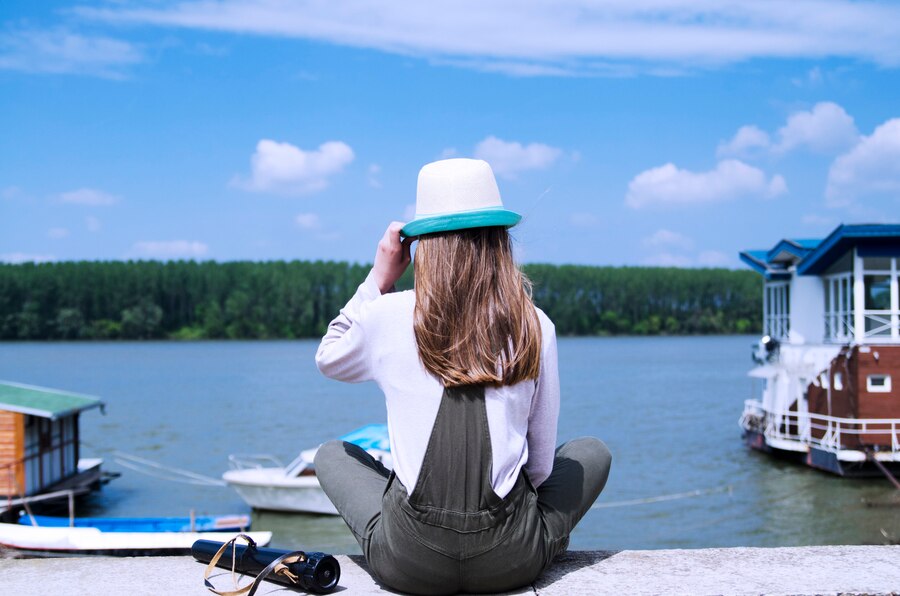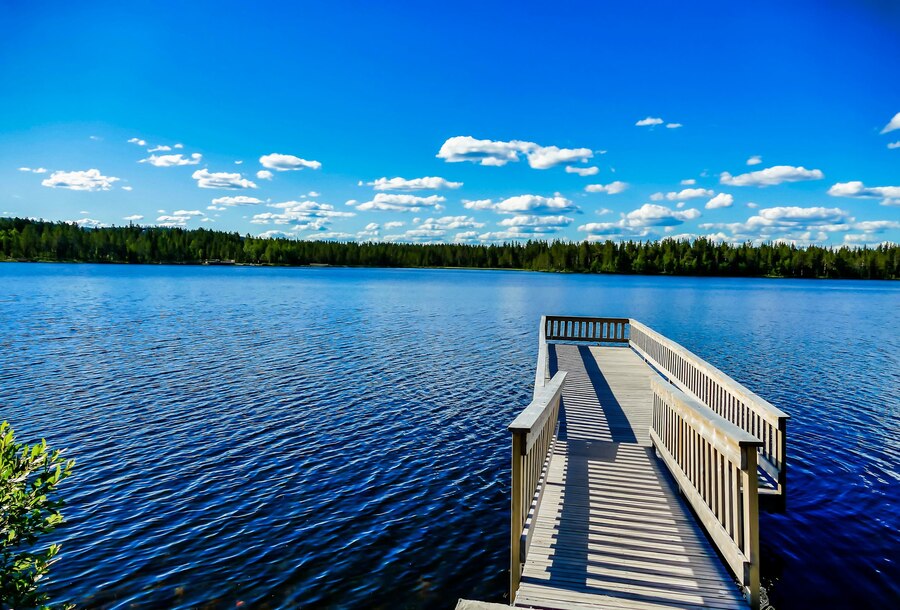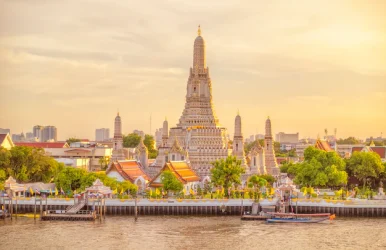The Ultimate Business Traveler’s Guide To Bangkok
BY Abdul Aziz Jan 20, 2024
Bangkok, Thailand's energetic and cosmopolitan capital, is a prime destination for business travelers. Its unique combination of rich cultural heritage and modern business facilities makes it an exciting and productive city for professional engagements. This guide is designed to help you navigate and enjoy your business trip to Bangkok, balancing work commitments with the vibrant experiences the city has to offer. A Thriving Hub For Business And Innovation Bangkok is not just Thailand's political and cultural capital; it's also a burgeoning hub for business and innovation. The city is a dynamic playground for startups and established businesses alike, thriving in a climate that fosters growth and creativity. This environment is particularly conducive for a wide range of industries, from technology to tourism, and notably for the burgeoning advertising sector. For professionals seeking specialized services, finding an advertising agency in Bangkok is a testament to the city's diverse and vibrant business landscape. These agencies are often at the forefront of blending local insights with global trends, making Bangkok an exciting and strategic location for businesses aiming to expand their reach both in Asia and internationally. This blend of traditional values and modern entrepreneurial spirit makes Bangkok a compelling destination for business travelers who are looking to tap into new markets and explore innovative business opportunities. Navigating Bangkok Bangkok's traffic is notorious, but fear not, as the city's public transit systems, like the BTS Skytrain and MRT Metro, provide efficient and quick ways to traverse the city. Taxis and ride-hailing services are also readily available for more direct routes. When traveling in Bangkok, planning to avoid peak traffic times and keeping some cash handy for taxi fares can save you both time and hassle. Read Also: The Business Trip Tips And Diet Accommodation For Business Travelers Choosing the right accommodation is crucial for a business trip. Bangkok's commercial districts such as Sukhumvit, Silom, and Sathorn are ideal locations to stay. These areas are not only in proximity to business centers but also offer a diverse array of dining and leisure activities. Hotels in these districts usually provide the necessary amenities for business travelers, including meeting facilities and high-speed internet access. Dining And Networking Bangkok's dining scene is a delightful blend of traditional Thai flavors and international cuisines. Upscale restaurants across the city provide the perfect setting for business dinners. Additionally, Bangkok's vibrant nightlife and numerous rooftop bars and luxury lounges present excellent opportunities for informal networking and relaxing after a busy day. Business Etiquette In Bangkok Understanding the nuances of Thai business etiquette is important. A respectful approach, which includes the traditional Thai greeting 'Wai', dressing conservatively for business meetings, and being punctual, is appreciated. These small gestures can go a long way in fostering good professional relationships. Meetings And Conferences The city is well-equipped to host business events and conferences, boasting several world-class convention and exhibition centers. These venues offer modern facilities and are capable of accommodating a wide range of corporate functions and events. Leisure And Cultural Exploration A business trip to Bangkok is not complete without experiencing its rich cultural heritage. The city's historical landmarks, such as The Grand Palace, and leisurely boat rides on the Chao Phraya River offer a glimpse into Bangkok's history and beauty. The city also boasts an array of shopping options, from high-end malls to traditional markets, and numerous spas offering relaxing Thai massages, perfect for unwinding. Practical Advice For A Smooth Trip Staying connected is vital, so getting a local SIM card for easy communication is advisable. Being mindful of local customs and traditions will enhance your experience in Bangkok. Due to the tropical climate, staying hydrated is also important for your health and well-being. Conclusion Bangkok offers an unparalleled mix of business and leisure opportunities, making it an ideal destination for business travelers. The city's efficient infrastructure, combined with its rich cultural tapestry, ensures a productive and enjoyable visit. For business professionals seeking specific services, Bangkok's diverse business landscape includes various agencies and firms. When you're in Bangkok for business, immerse yourself in the city's dynamic rhythm, where every professional trip can turn into an enriching experience. Read Also: Crime Rate In Florida Trending Down While California Skyrockets: Report World’s Most Famous Christmas Tree Has Reached Trafalgar Square















Fantastic! This is a truly amazing piece; I have gained a lot of clarity from it.